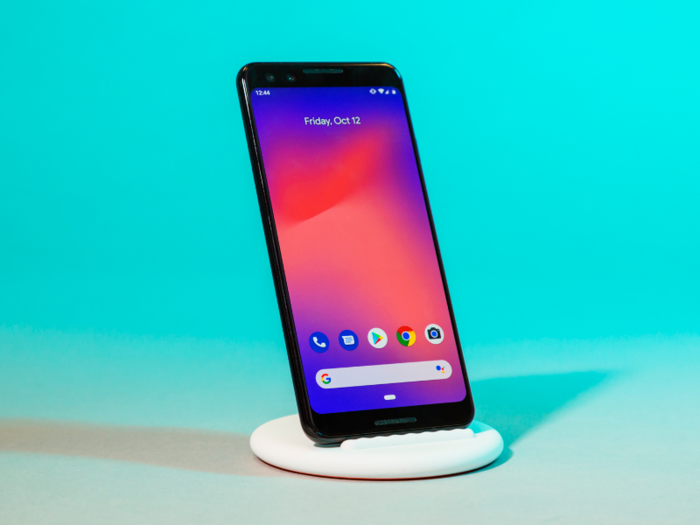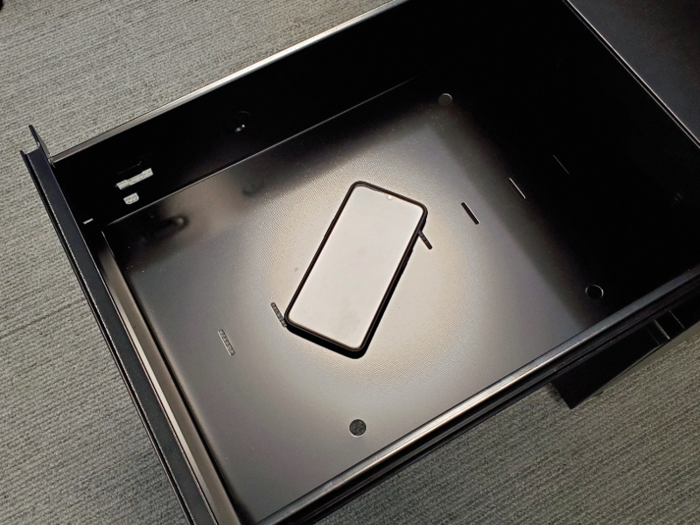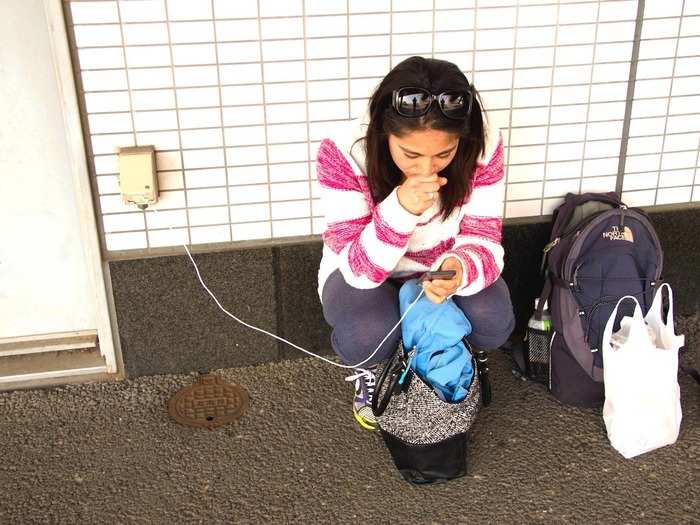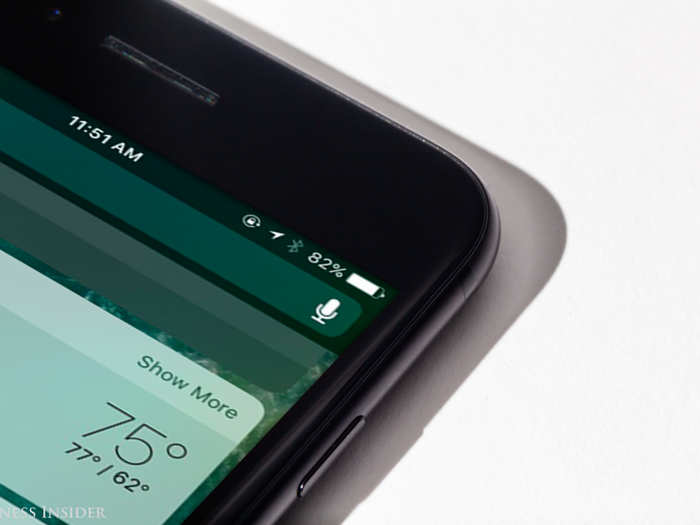- Home
- slideshows
- miscellaneous
- You've been charging your smartphone all wrong
You've been charging your smartphone all wrong
The companies that make your phones don't seem too bothered.

Google said that worrying about overcharging your phone is an "outdated" concern.

Ronald Ho, a project manager at Google, told Business Insider that, "in general, this mentality that 'overcharging is bad' or 'charging too often is bad' is pretty outdated given the current battery and charging optimizing technologies companies can build into their devices."
Ho mentioned that "when the phone's battery reaches 100%, the phone's internal battery charger will actually stop charging to prevent overcharging." Phone batteries will only get a top up from a charger once they reach a certain level under 100%.
But Schulte and most smartphone makers agree on one thing: When you store a smartphone that you don't plan to use, you should keep the battery charge within a certain range — and that hints that smartphone batteries don't like being at 100%.

Schulte said that lithium-ion batteries age the most slowly at about 30% to 50%. And that's about the range at which most smartphone makers suggest you keep your phone's battery charge when you plan on storing your smartphone away for a while.
On its battery web page, Samsung says you should keep its battery at "at least 50%" charge. Apple says "keep iPhone half-charged when it's stored for the long term" to "help extend battery lifespan."
At the end of the day, lithium-ion batteries don't like being at 100%, at least for long periods of time.
No one is suggesting that you only ever keep your smartphone between 30% and 50% at all times, however.

That's simply unrealistic for a device that most of us keep by our sides all day, especially when we often need them to last long periods of time between charges.
The key is to not store or keep your phone's battery at a 100% charge for extended periods of time.
Instead, Schulte suggests that "it would be very good to charge the phone in the morning or whenever, but don't store the phone overnight at 100%."
It could all come down to how often you buy new smartphones.

It's hard to say how quickly overnight charging actually accelerates the aging process in the lithium-ion batteries inside our smartphones. Charging overnight may not produce any noticeable effects if you buy a new phone every year, or maybe even every two years.
But if you typically only buy a new phone because your old one is dying too quickly — and your phone isn't that old — you might want to re-evaluate how you've been charging your phones. An overnight charge might not be considered such a long period of time, but the damage could build up the longer you keep your smartphone. If you're an overnight charger and plan to keep your phone for several years, it might be time to ditch that behavior.
But remember, all lithium-ion batteries die over time. You can be the most cautious phone charger in the world and your phone's battery life will still degrade over time, albeit more slowly.
There are a couple other things that almost everyone agrees on about smartphone batteries. For one, avoid fully discharging your smartphone before you charge it again. And avoid extreme temperatures whenever possible.

But in the end, smartphone batteries are meant to be used, so don't worry too much about it.

All in all, don't stress. If you can charge your phone in the morning instead of overnight, great. It can be a worthwhile effort to see if changing your charging habit can have a positive effect on your phone battery's lifespan.
But if not, you'll be fine, too.
Perhaps the best thing to know is that many phone makers give you the option to replace your battery for a fraction of the price of buying a brand-new model.
Popular Right Now
Popular Keywords
Advertisement